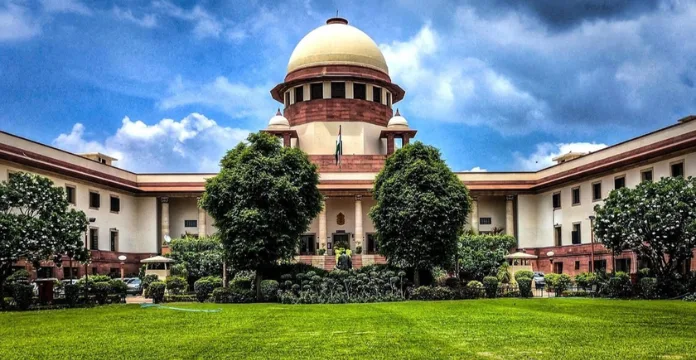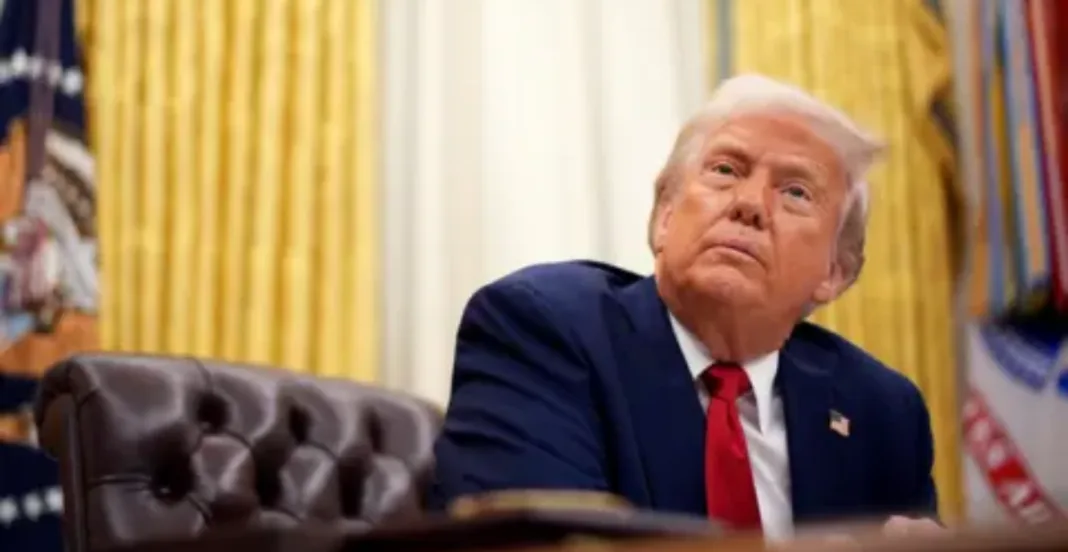New Delhi, April 16, 2025 – The Supreme Court held off on an interim order Wednesday in a heated hearing on the Waqf (Amendment) Act, 2025, raising three key concerns: protecting court-declared Waqf properties, ensuring Muslim-majority Waqf boards, and halting collector inquiries that could strip Waqf status. A three-judge bench—Chief Justice Sanjiv Khanna, Justices Sanjay Kumar, and KV Viswanathan—granted the Centre’s plea for more time, scheduling the next session for 2 PM Thursday, per Hindustan Times.
The Act, effective April 8 after President Droupadi Murmu’s April 5 assent, aims to digitize Waqf’s 9.4 lakh acres—60% encroached—and add non-Muslims to boards, sparking 73 petitions (The Indian Express). Jamiat Ulema-e-Hind, AIMIM’s Asaduddin Owaisi, and DMK MPs claim it violates Articles 14, 25, and 26, undermining Muslim rights (The Hindu). “You can’t rewrite history,” Khanna told Solicitor General Tushar Mehta, questioning how “Waqf by user” sites—like old mosques—prove status without deeds (NDTV).
Mehta defended the law’s “transparency,” arguing it curbs misuse—1,800 court cases clog Waqf claims (Times of India). Six BJP-ruled states—Haryana, Maharashtra, Madhya Pradesh, Rajasthan, Chhattisgarh, Assam—filed pleas backing it, citing streamlined governance (Business Standard). But Khanna grilled the Centre: “Will Muslims join Hindu trusts?”—hinting at fairness (Hindustan Times). X splits—“SC’s exposing bias!” vs. “Leave Waqf alone!” (post:2).
Violence marred the backdrop—Murshidabad’s riots killed three, displaced dozens (The Economic Times). “It’s disturbing—courts handle this now,” Khanna said, condemning clashes (India Today). Petitioners like Maulana Arshad Madani call the Act “destructive,” while Hindu Sena’s Vishnu Gupta defends it, eyeing the 1995 law too (News18). With 27% Muslim voters in Bengal, 2026 polls loom large (ECI).
For India’s 20 crore Muslims, it’s faith versus law—Waqf’s Rs 12,000 crore assets are a flashpoint. Will the SC balance reform and rights, or deepen the divide?



